Port of Antwerp-Bruges as a hydrogen import hub and CO2 export hub for Belgium and Germany
Port of Antwerp-Bruges as a hydrogen import hub and CO2 export hub for Belgium and Germany
Port of Antwerp-Bruges is Europe’s second largest port hosting the largest European petrochemical cluster. In the triangle between Antwerp, Rotterdam and Duisburg 40% of EU industry is localized with the highest concentration of heavy-duty mobility connecting these industrial hubs. In geopolitical challenging times, Port of Antwerp-Bruges is working hard to build the infrastructure of the future for hydrogen and CO2 to decarbonise our own industry while at the same time providing pipeline solutions for German land-locked regions like the Rhine-Rurh area.
PoAB’s position today:
POAB is the second largest port in Europe, hosting the largest petrochemical cluster in the EU. In terms of hydrogen, this means 500kton of hydrogen consumption already today, fossil H2 today and low carbon in the future
Besides that, we are a logistical hub in the range between le Havre and Hamburg. In terms of heavy-duty transport, Europe’s logistics hotspot is formed by the triangle between Europe’s largest seaports located in the Scheldt Delta and the Ruhr area, cantered on Europe’s largest fluvial port Duisburg. Nowhere in Europe the transport sector shows a higher concentration of heavy truck traffic, all looking at low carbon fuels to decarbonise the sector.
Thirdly, we are a large bunkering hub, top 5 worldwide, with ships bunkering heavy fuel oils in our port but also slowly but steadily switching to LC and renewable fuels like ethanol and NH3.
Energy port, important for the supply of Belgium and the rest of Europe. Via our LNG terminal in our Zeebrugge platform we supply 15% of the EU market with natural gas, with Germany as the most important destination: since the Ukraine-Russia war and the sabotage with Nord Stream 1 pipeline, we supply around one third of the German natural gas consumption.
All of this comes at a price of 18 million tons of CO2 emitted on our platforms every year.
We want to maintain our current position as a petrochemical cluster, logistical and maritime hub and import hub for molecules for the rest of Europe while at the same time decarbonising our platforms and the hinterland, Germany in particular. This is why PoAB has the ambition of becoming a large hydrogen (&derivatives) import hub and CO2 capture and export hub.
Hydrogen
Import infrastructure developments (tank storage and cracking facilities)
Pipeline development (hydrogen backbone in Belgium, with a connection towards Germany by 2028)
International partnerships via our subsidiary Port of Antwerp Bruges International (Oman, Namibia, Canada, Morrocco, ..)
Production (projects by Virya, Plug Power & Air Liquide (blue))
CCUS
Export infrastructure developments (tank storage and liquefaction facilities à Antwerp/Kairos@C). We as a port authority are part of the Antwerp@C consortium.
Pipeline development (CO2backbone in Belgium, with a local cluster in Antwerp in the coming years and a connection towards Germany by 2030 and a subsea CO2 highway towards Norway). Fluxys C Grid, with small POAB stake of 10%.
Players like Advario and Vopak are developing rail and barge connected storage facilities for CO2.
We are responsible for lending the concession to these infrastructure projects.
Advocacy towards national and European governments
Bunker hub
Once the molecules are in our port, we also try to play a role in the adoption/use of the fuels:
We developed a bunker map, showing per fuel (NH3, MeOH, LNG, …) where it could be bunkered, taking into account safety constraints etc.
Working together with container terminals to ensure simultaneous loading/unloading (SIMOPS) of cargo can be done with bunkering of these renewable fuels, like was done with the Anne Mearsk.
We give reductions to our port fee for vessels using clean fuels, up to 15% depending on their ESI score
We developed specific licenses for bunker barge operators who want to bunker these fuels like ammonia etc. to make sure personnel is trained and bunkering operations are following stringent security guidelines
Advocacy: POAB is chair of the Belgian Hydrogen Council and board member of Hydrogen Europe
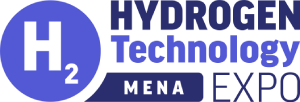
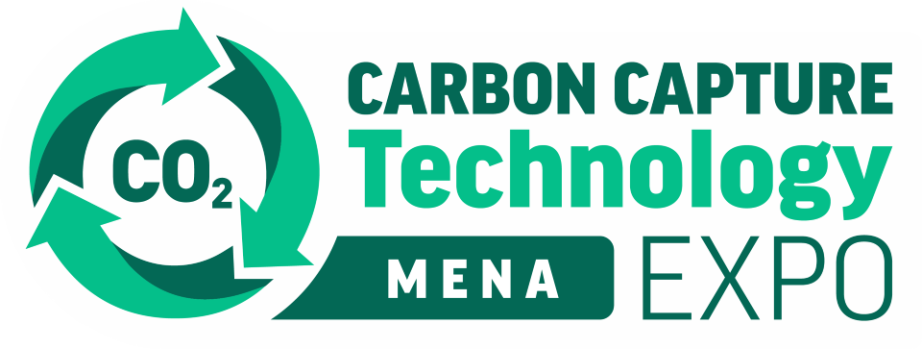
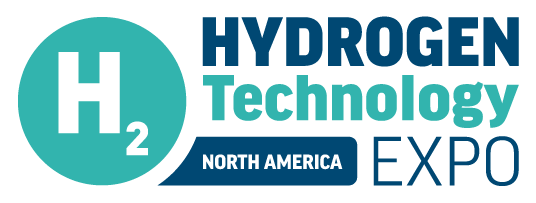
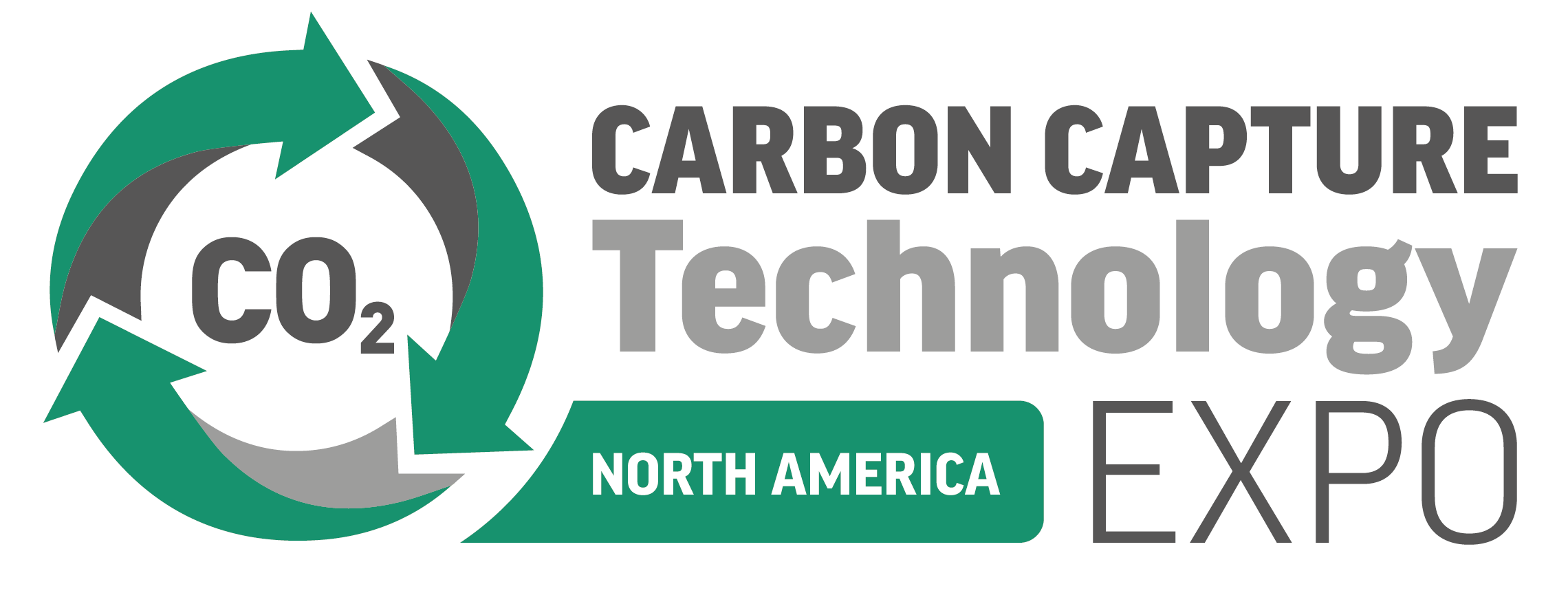
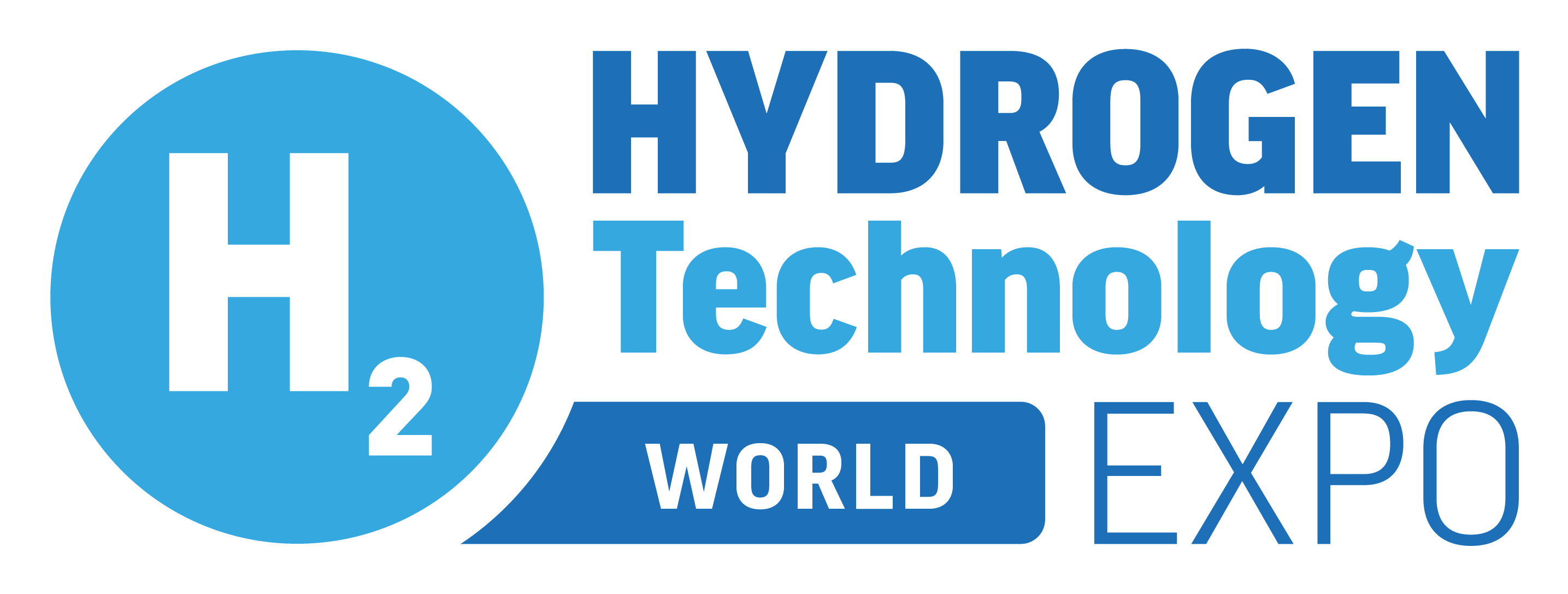
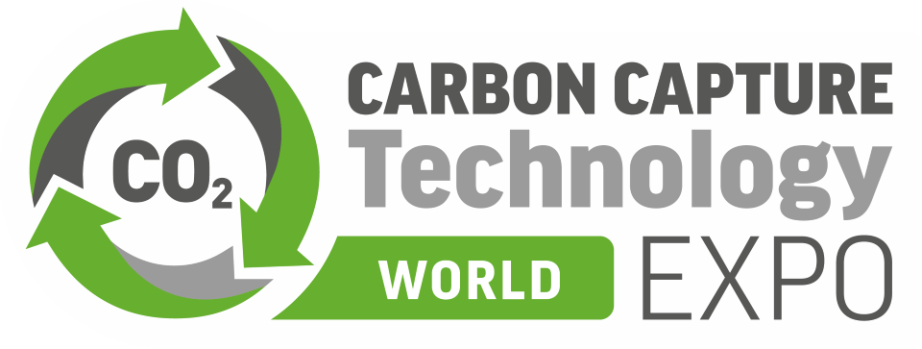


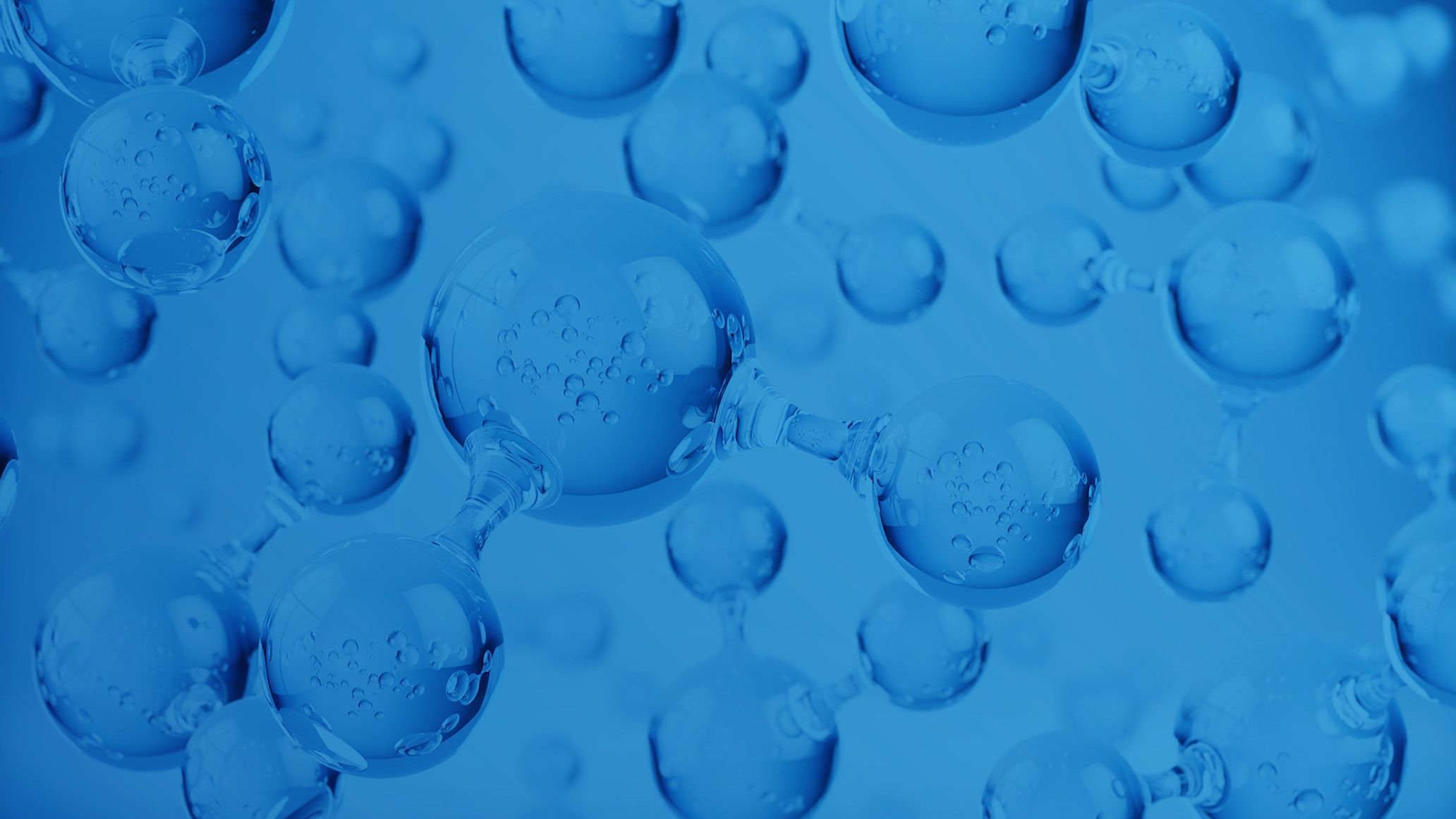

)
)
)
)
)
)
)
)
)
)
)
)
)
)
)
)
)
)
)
)
)
)
)
)
)
)
)
)
)
)
)
)
)
)
)
)
)
)
)
)
)
)
)
)
)

)
)
)
)
)
)
)
)
)
)
)
)


)
)
)
)
)
)
)
)
)
)
)
)

)
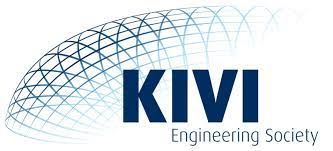
)
)
)
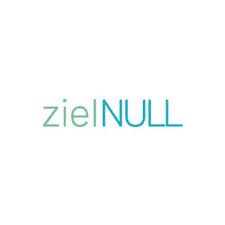
)
)
)
)
)
)
)
)
)

)
)
)
)

)
)
)
)
)
)
)
)
)
)


)

